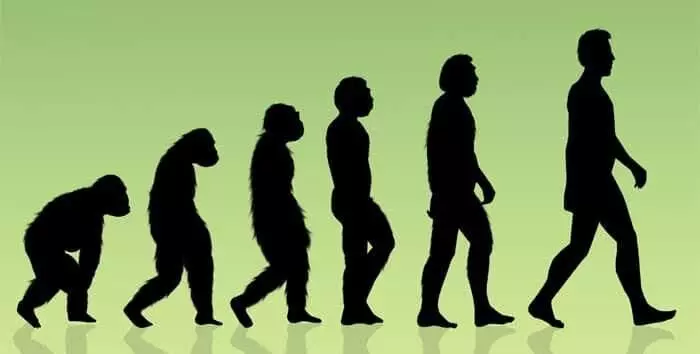
China study sheds light on human brain evolution in use of languages
text_fieldsBeijing: A recent study led by Chinese scientists has provided a novel method for studying the evolutionary brain mechanism of language and tool use by mapping cross-species brain network groups.
As per reports, the research lead by scientists at the Institute of Automation under the Chinese Academy of Science has shed new light on the origin and evolution of human language and tool use.
As per a report by the Xinhua agency, the study is expected to help explain the longstanding mystery of human origin by comparing the differences and similarities between humans and other non-human primates in brain structure and function.
However, since it is difficult to confirm the homology of functional brain areas between different species, there is still a lack of reliable technical means to conduct cross-species studies on the evolution of brain structure and function, according to the study.
Compared with existing non-human primates such as monkeys and apes, humans have significant advantages in many superior cognitive functions, especially the ability to use language and complex tools.
Using structural and diffusion magnetic resonance imaging, the researchers analyzed the structural asymmetry of the inferior parietal lobule, a brain structure most relevant to language and tool use, among three primates: human, chimpanzee, and macaque.
The results showed that the asymmetry of brain structure and its anatomical connectivity pattern is the inherent biological basis that drives the evolution of language and tool using.
The study was recently published in the journal eLife.
Weeks back, the discovery of a new skull in Northeastern China dating back to more than 140,000 years had prompted scientists to rethink our fundamental understanding of human evolution.
The research team has linked the specimen to other Chinese fossil findings and is calling the species Homo longi or "Dragon Man," a reference to the region where it was discovered.
























